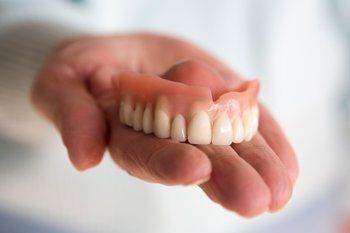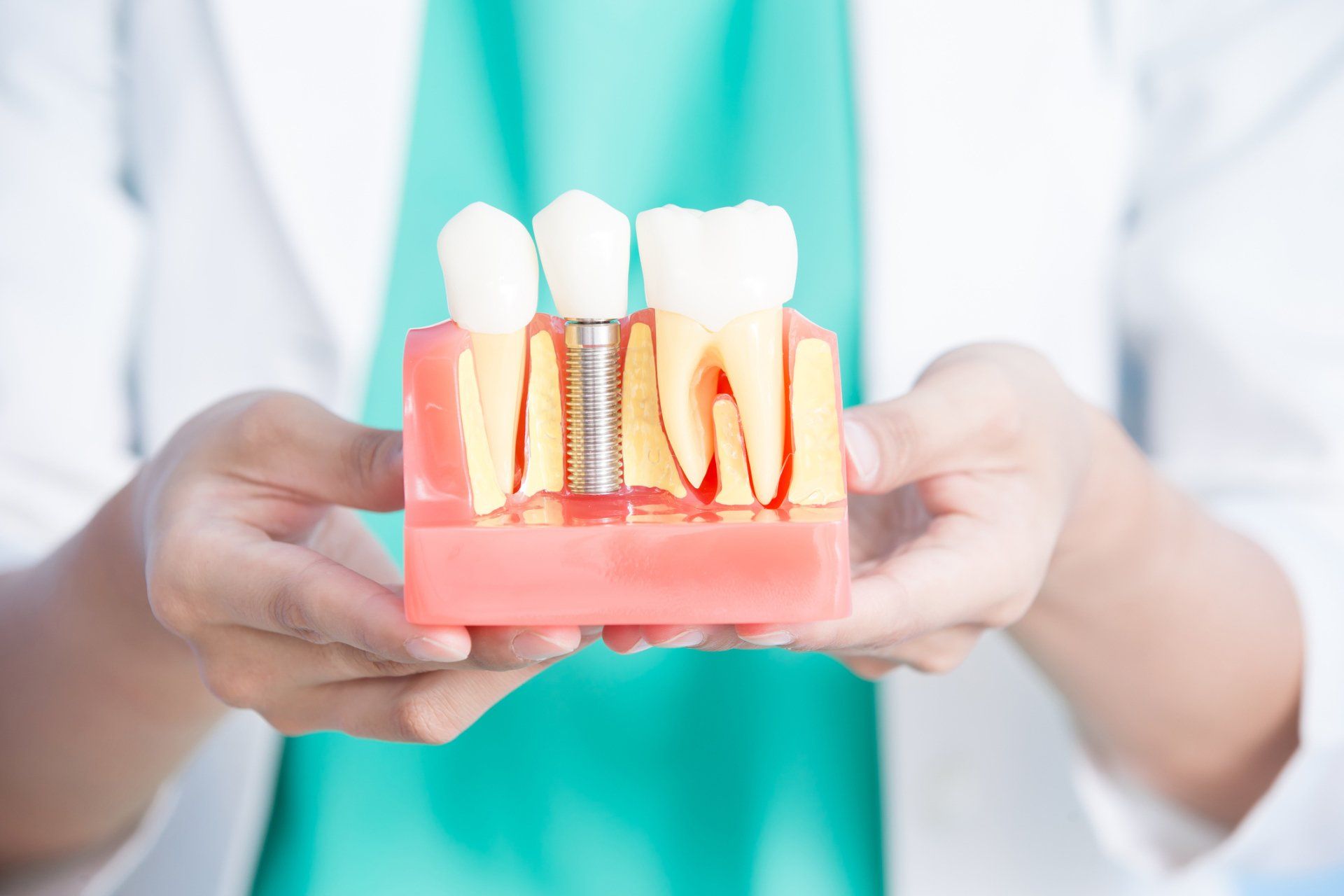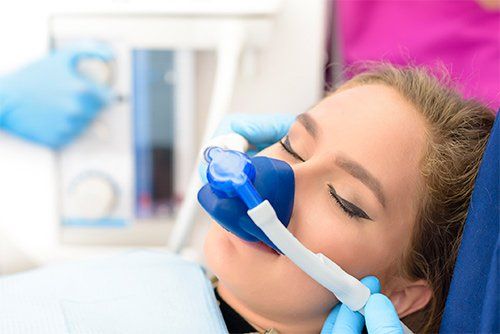Understanding Denture Relines
- By Admin
- •
- 13 Apr, 2018
- •

Dentures are one of the most commonly implemented dental prosthetics. A well-made pair of dentures can effectively reproduce the look, feel, and performance of natural teeth. Yet that doesn't mean that a pair of dentures will last forever. On the contrary, your dentures will gradually lose their fit as the contours of your gums continue to change.
Fortunately, you don't always have to invest in a new pair of dentures to ensure a perfect fit. Through a process known as a denture reline, an experienced dentist can accommodate your changing needs, thus extending the lifespan of a pair of dentures. If you would like to learn more about denture relines, read on to learn some key information regarding this effective denture procedure.
Bone Resorption
As previously noted, a denture reline creates a snug and comfortable fit in the mouth, compensating for the process known as bone resorption. Bone resorption is a natural phenomenon experienced by all denture wearers. Because the jawbone no longer has teeth to provide support for, the body begins to resorb the bone tissue.
This results in alterations to the contours of your jaw as your body literally removes bone mass that it doesn't think you need. Eventually, the process of bone resorption will result in changes drastic enough to warrant that new dentures be fitted. But before that time comes, minor fit issues can be addressed by denture relines.
Denture Relines
A denture reline involves the addition of new material to the gum-facing surface of your dentures. This compensates for the void spaces formed by the process of bone resorption. However, a poor fit may also stem from changes to the dentures to themselves. Dentures will naturally wear down over time, and this can lead to a less than stable fit.
Void spaces between denture and gum often result in slippages. This lack of stability soon leads to sores and irritations inside of the mouth. By adding material new to the denture, an experienced dentist can provide relief from such symptoms.
Of course, if the problem stems from dentures that were poorly constructed or fitted in the first place, denture relines should not be considered as a suitable option. In that case, the patient should be fitted for new dentures. If a denture reline is deemed suitable, then two different courses of action exist: soft and hard relines.
Soft Relines
Soft relines are known as a chairside solution. In other words, the dentist can often correct the problem within the course of a single visit. A soft reline involves the adhesion of silicone material to the surface of the denture. This fills out any void spaces, making the dentures more comfortable.
Soft relines provide quick and effective results. However, a soft reline isn’t a permanent solution. At best, a soft reline may extend the lifespan of the dentures by another year or two before further corrective action is needed.
Hard Relines
A hard reline is a more permanent solution to the problem. During a hard reline, the denture's contours are changed by the addition of more acrylic to the denture. This results in a denture with an updated fit that will better resist the process of wear as time goes on.
The principal drawback of a hard reline lies in the amount of time the process takes. After an impression has been made of your mouth, the denture often has to be sent out to a prosthetics laboratory for the changes to be implemented. That said, many dentists now offer same-day hard relines.
If you feel that your dentures no longer fit the way they should, you need to get help right away. For more information about whether a reline is a good option for you, contact the expert dentists at Premier Dentures and Implants.
If you understand what to expect at your dental implant consultation, you can ease some of that anxiety. Read this blog to learn more.
There are a few types of dental implants available for your needs. Contact us at Premier Dentures and Implants to schedule a dental implant consultation.











